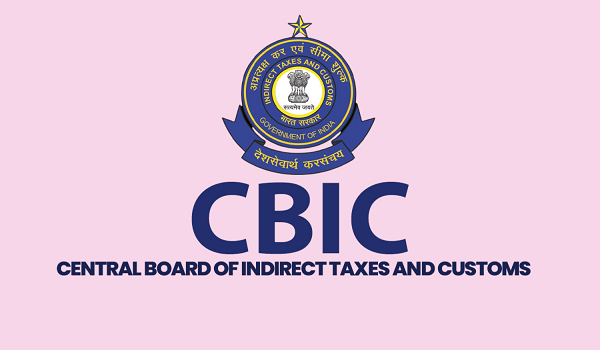The Central Board of Indirect Taxes and Customs (CBIC) is gearing up to address the longstanding issue of classification ambiguity within the Goods and Services Tax (GST) framework, particularly concerning products in the fast-moving consumer goods (FMCG) sector. This initiative seeks to compile a comprehensive list of items that frequently become subject to litigation due to classification discrepancies, which often result in confusion regarding tax liability.
According to sources familiar with the matter, the fitment committee, tasked with examining tax rates and classifications, is set to scrutinize products exhibiting minor compositional variations yet falling under different tax slabs. Such inconsistencies have been a primary source of contention within the FMCG industry, leading to numerous tax disputes and enforcement actions.
A senior official, speaking on the condition of anonymity, emphasized the significance of resolving classification issues, noting that approximately 25–30 goods and services currently face overlapping categorization. The matter has garnered attention at the highest levels, with Finance Minister Nirmala Sitharaman urging authorities to prioritize the resolution of classification-related challenges.
The immediate impetus for this reclassification drive stems from recent controversies surrounding the taxation of certain FMCG products. Last November, several FMCG companies involved in the production of extruded snacks found themselves embroiled in disputes over GST rates, with authorities demanding payment at the higher 18% rate instead of the previously applicable 12%. The contentious issue revolved around the classification of snacks prepared through extrusion techniques, prompting clarifications from the central government and subsequent enforcement actions by the Directorate General of GST Intelligence (DGGI).
In response to industry concerns, particularly from namkeen manufacturers grappling with unexpected tax demands, stakeholders have appealed for clear guidelines and uniform taxation standards. The FMCG sector has urged the finance ministry to intervene and resolve classification ambiguities to prevent further litigation and operational disruptions.
As the CBIC proceeds with its plan to compile a comprehensive list of contentious items for GST reclassification, stakeholders await forthcoming deliberations within the GST Council. With clarity and consistency in classification expected to enhance compliance and mitigate legal disputes, the proposed revisions hold the potential to foster a more transparent and conducive tax environment for the FMCG sector.


